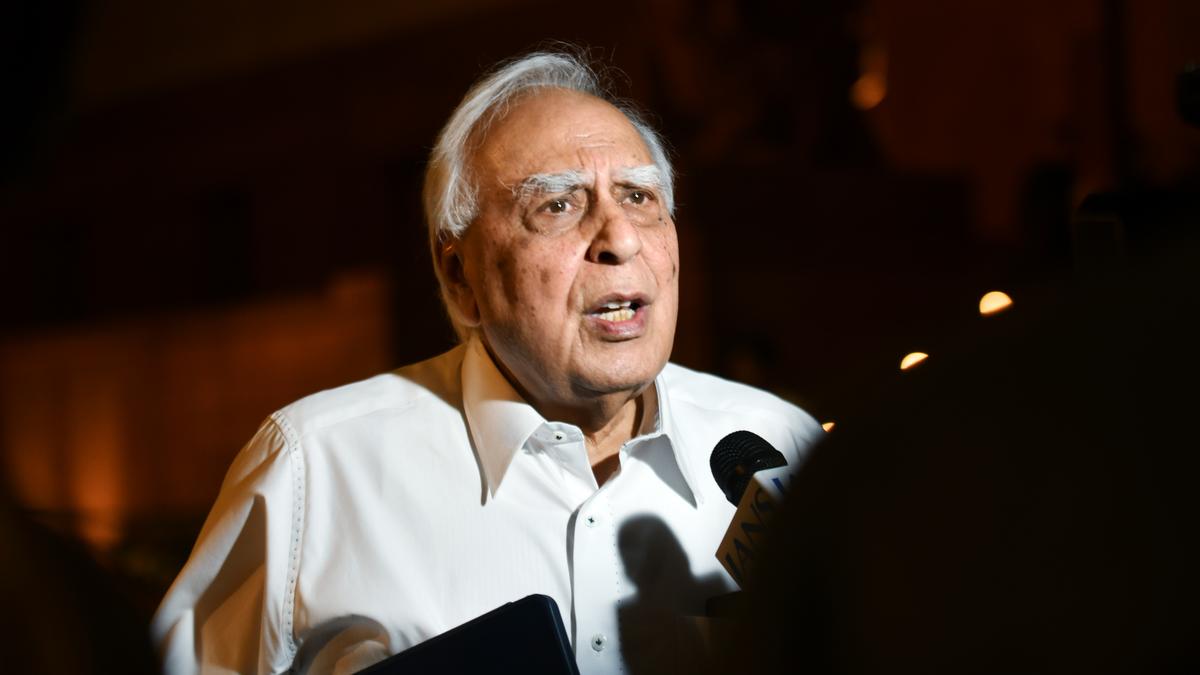Now Reading: Kapil Sibal Urges Opposition to Demand Probe Against Yadav Before Backing Govt on Varma Case
-
01
Kapil Sibal Urges Opposition to Demand Probe Against Yadav Before Backing Govt on Varma Case
Kapil Sibal Urges Opposition to Demand Probe Against Yadav Before Backing Govt on Varma Case

Quick Summary
- Rajya Sabha MP Kapil Sibal has urged Opposition parties not to support the government’s move to impeach Justice yashwant Varma without a prior inquiry.
- Justice Varma faces allegations following a fire incident at his residence that revealed burnt cash wads. Sibal contends this is not a corruption case and demands a thorough investigation.
- Sibal alleges two motives for the government’s motion against Varma: dissatisfaction with his independence as a judge or exerting pressure on courts to reintroduce the National Judicial Appointments Commission (NJAC).
- The government has begun collecting MPs’ signatures for an impeachment motion, which Parliamentary Affairs Minister Kiren Rijiju confirms will be introduced in Parliament’s upcoming session on July 21.
- Sibal criticized the government’s involvement in collecting signatures, stating it should be initiated by MPs independently per constitutional procedure.
- he called for an investigation into how money appeared at Varma’s residence rather of quick impeachment actions. He also questioned Delhi police and fire services’ handling of the incident scene.
- Additionally, Sibal advocates that inquiries against Justice Shekhar Yadav over alleged communal remarks need prioritization before any action on justice Varma.
Indian Opinion Analysis
The call for proper procedural adherence in judicial matters underscores critical issues about governance and institutional autonomy in India. Kapil Sibal’s critique touches upon important constitutional principles, particularly around impeachment processes involving members of higher judiciary bodies. His demand that investigations precede parliamentary proceedings reflects concerns over transparency and fairness.
Justice yashwant Varma’s case introduces complex layers concerning evidence integrity, procedural lapses by authorities like police and fire departments, and potential political motivations behind judiciary scrutiny.If mishandled, such cases could not only undermine public trust but also risk setting contentious precedents affecting judicial independence.
Equally significant is Mr. Sibal’s push to prioritize pending inquiries into Justice Shekhar Yadav’s conduct before initiating steps against another judge-highlighting perceptions of selective accountability within public institutions. These developments may carry broader implications for India’s separation of powers discourse while putting pressure on MPs across parties to adhere strictly to constitutional mandates rather than perceived partisan influences.Read more here
























